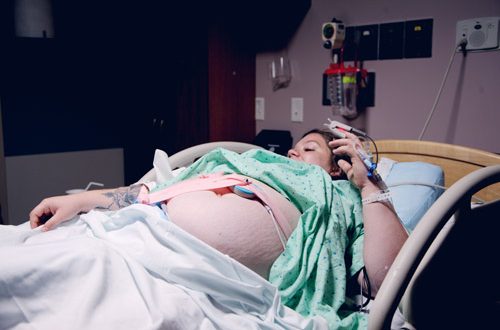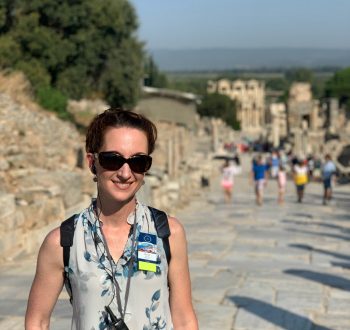
But… God
Mental health has taken center stage, particularly as concerns continue to grow for strained workers and overwhelmed students. Some areas of day-to-day life appear to have recovered from two years of extreme stress, change, loss, and uncertainty. However, behind the scenes, many people still struggle to persevere as they seek strength, encouragement, and renewed purpose in a “not normal” new normal.
Whether you feel close to God or you’re distantly wrestling with faith questions or you’re somewhere in between, stress makes us feel like we’re clinging to a thin thread of hope.
Recently God has shown me that our thoughts and prayers––our mental dialogue and our conversations with Jesus––can actually drain us of positive outlook and both mental and physical strength. The statements we use in everyday life reveal what we give power to, including statements reflecting a need we don’t see God filling.
In rock climbing, climbers use gear like ropes, harnesses, and carabiners to assist their ascent. But their success and safety depend primarily on the anchors and fixed bolts secured in the rock––which they then hook into as they climb. This portrays our need for secure anchors as we climb daily through real life. Our mental dialogue and prayers must interlock with immovable anchors.
Your words may be different, but here’s an example. As we talk to God about our challenges, we might say something like:
God, I trust you, but…
- God, I trust you, but… today was really hard.
- God, I trust you, but… they did this.
- God, I trust you, but… my car keeps breaking down.
- God, I trust you, but… I don’t trust myself.
- God, I trust you, but… I don’t see a way forward.
In each of these statements, we give power to––and anchor our thoughts in––something other than God. These statements about ourselves, others, and circumstances identify what we’re hooking into, focusing on, and elevating above God and his power.
- “but… today was really hard” gives power to our lack of control or overwhelming sense of burden.
- “but… they did this” gives power to others and their thoughts and actions.
- “but… my car keeps breaking down” gives power to our circumstances.
- “but… I don’t trust myself” gives power to our doubts, perceived inadequacies, and even excuses.
- “but I don’t see a way forward” gives power to our fears, anxieties, and human limitations.
How can we adjust our mental dialogue and prayers so that we disempower our insecurities, circumstances, and interactions with others? How can we place God’s power above all else in our thoughts?
In public speaking and creative writing, best practices teach us to end sentences and paragraphs with what we want to emphasize or “land”. These final words and thoughts then become our “power statements”. The same is true in the words we use with ourselves and with God. By reframing the order of our thoughts and then concluding with our trust in the Name above all names, we affirm God’s sovereignty, goodness, and control. And we emphasize reliable trust in Him. God is the immovable Rock and His Word serves as our rock anchors.
Using the scenarios above and switching the order of our thoughts would sound like this:
- Today was really hard, but… God, I trust you. (John 16:33)
- They did this, but… God, I trust you. (Hebrews 12:1–3; Romans 12:21)
- My car keeps breaking down, but… God, I trust you. (Luke 12:27–31)
- I don’t trust myself, but… God, I trust you. (Romans 7:15–25; Romans 12:1–2)
- I don’t see a way forward, but… God, I trust you. (Psalm 23)
Friends, using words secured in the foundation of God’s truth changes our perspective. We’re not trying to trivialize our challenges or condemn our current thought patterns. Instead, we focus on giving our power statements to God as we hook our lives into good and immovable daily anchors.
Here are truth anchors to hook into today: Jesus loves you. He stands with you and shepherds you step by step. He’s calling to you now.
Respond with a short prayer, “Jesus, I love you. Holy Spirit, I need you. Heavenly Father, I trust you. Thank you for your grace, strength, and faithfulness. Please lead me forward today. Amen.”



